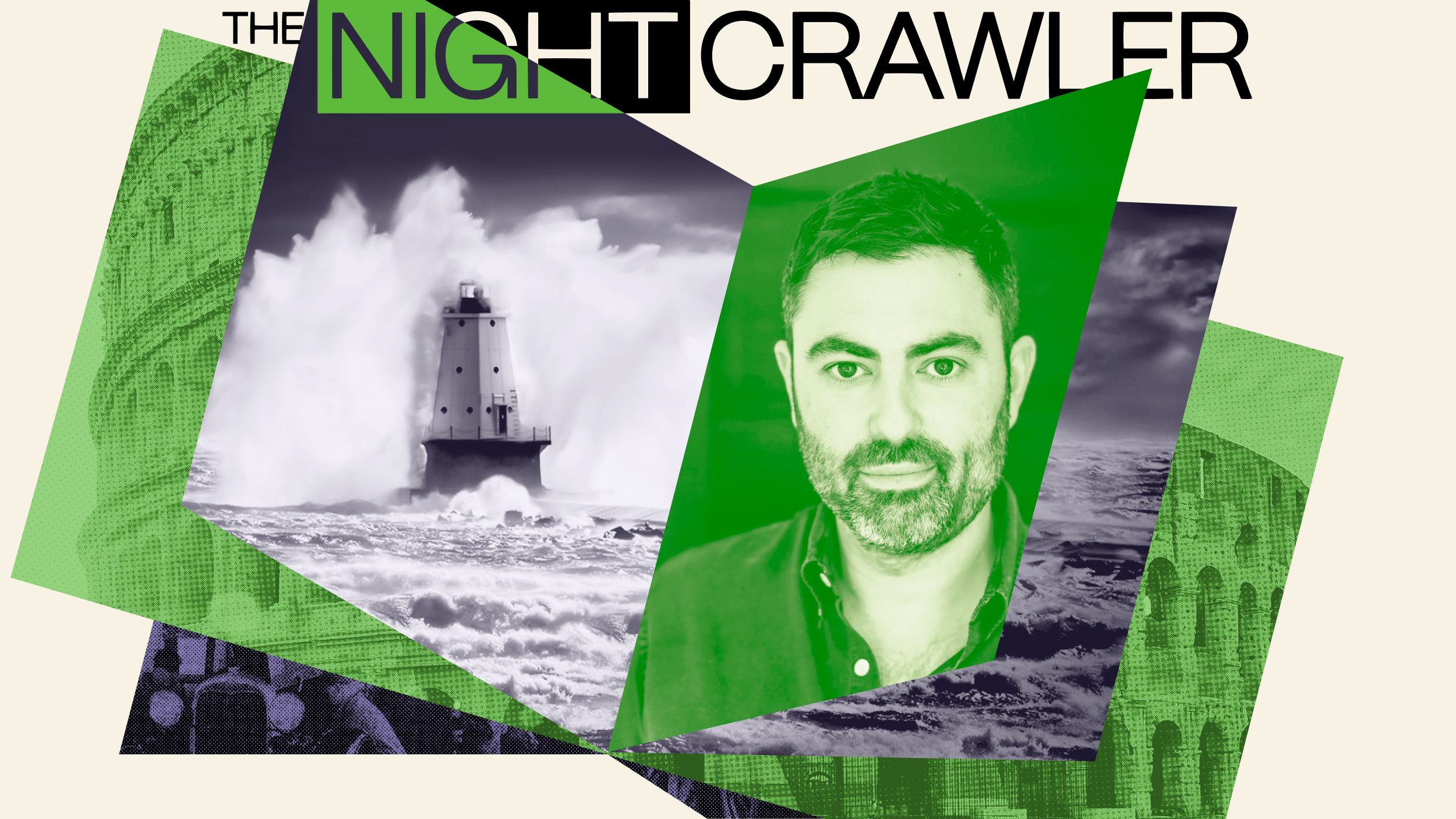Why do we shop for love?
Question: Where does dating come from? Where is it headed?
Keith Gessen: Well, Houellebecq would say that what we’ve had- what the ‘60s did to human sexual relations- was it opened them up to the market. So, this was the last kind of redoubt of non-market relations in human life. And what the ‘60s did- we thought that what they were doing was freeing us up to enjoy our sexuality, however we wanted. And it did do that. At the same time, it simply opened it up to market forces, so now we have a free market in sexual relations. And so, some people get to have a hundred partners or a thousand, and some are totally impoverished and have zero. And that’s the dark Houellebecqian view of things, which I share, basically. In the book, and, you know, in my own thinking about this, I see it as a problem of- I see it in kind of related terms as a problem of shopping. So, we’ve turned dating into shopping. And there’s this idea that you might get- while you might be happy with this purchase that you made, or this thing that you’re considering buying, but you might get a better deal somewhere else, in another store. Or you might go online and get a better deal. And this is exactly what people do with dating. You know, the number of choices that are before us are- or that seem to be before us- they might not actually be choices, right? But it- you know, it seems like you could go online and find all these other people that might be more perfectly compatible with you. You know, and this is something that Mark, one of my co-editors, talks about- you know, the problem that we think we need to be compatible with our romantic partners on every possible level- because, well, why wouldn’t you be? If you had the choice of everyone in the world, surely there’s someone who is absolutely perfectly compatible with you, as opposed to thinking of these things as more negotiated and sort of things that will develop over time, you know, which would be a much better way of thinking about it. And I think, you know, the book has received some criticism as being, you know, only about dating, only about these things, as if these things were frivolous things. You know, I don’t think they’re frivolous things. And they’ve usually been ceded to so-called Chick Lit, where, you know, where maybe they are treated frivolously. You know, I think it’s a very serious matter.
Question: What is sending those interference signals?
Keith Gessen: Capitalism, man! You know, the whole complex, the whole system, is going to encourage you, you know, the whole system of obsolescence, the whole system of a new product every year- you know, this is- we live in this. You know, it’s not just a few little things. We think we need a new thing every year. We think we will stay young forever. And all that- all of that- and that’s the whole culture, that’s not just part of the culture. And it is- it’s going to destroy us because we can’t live like that. The culture of perpetual growth- the idea that we need to expand the gross domesticproduct. you know, every year.
Recorded: 3/18/08





